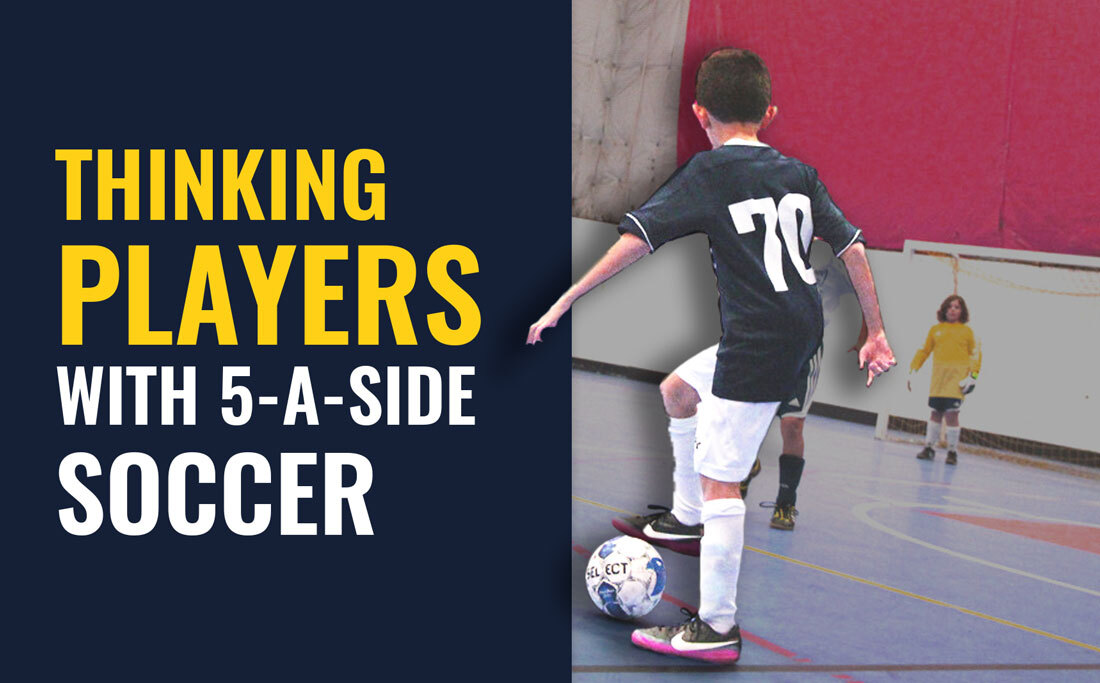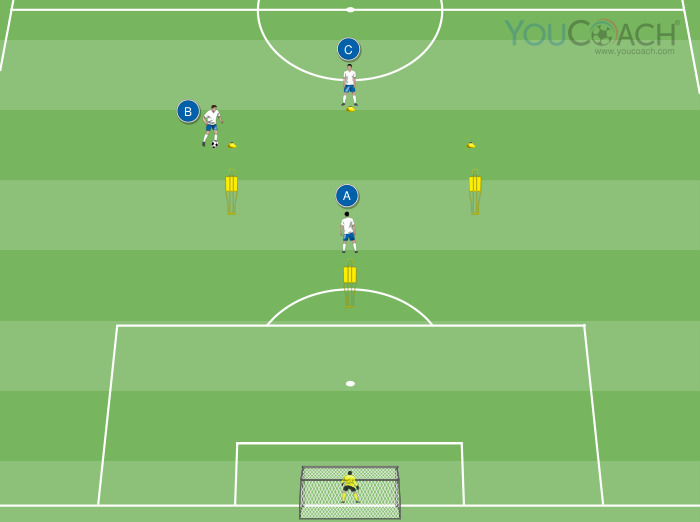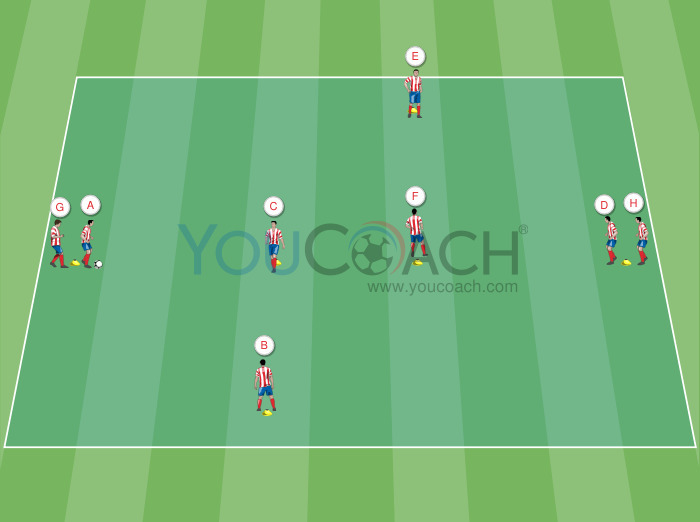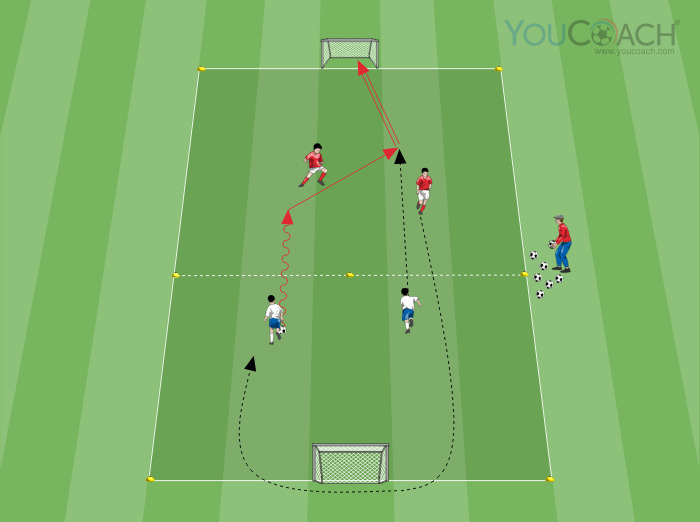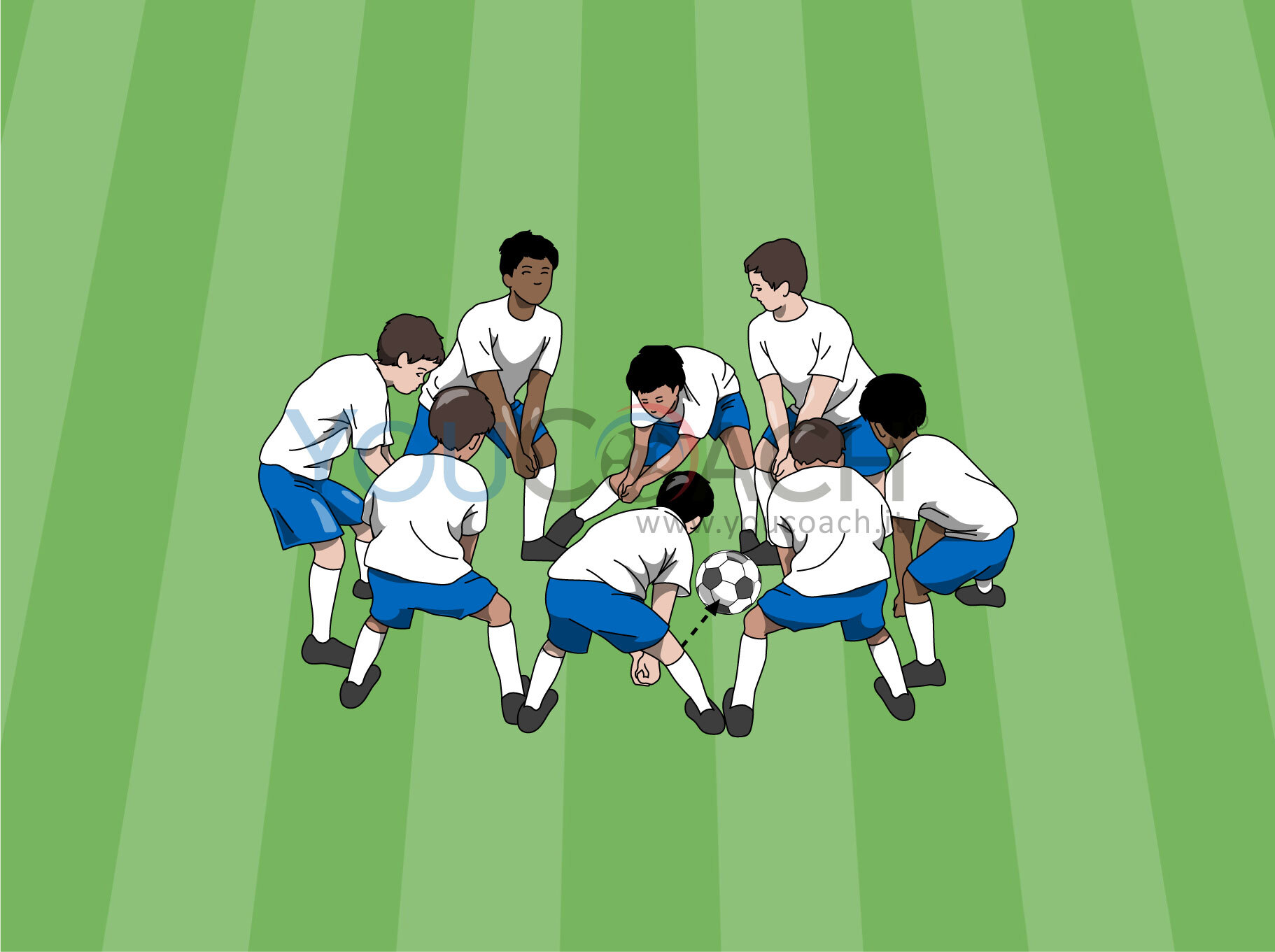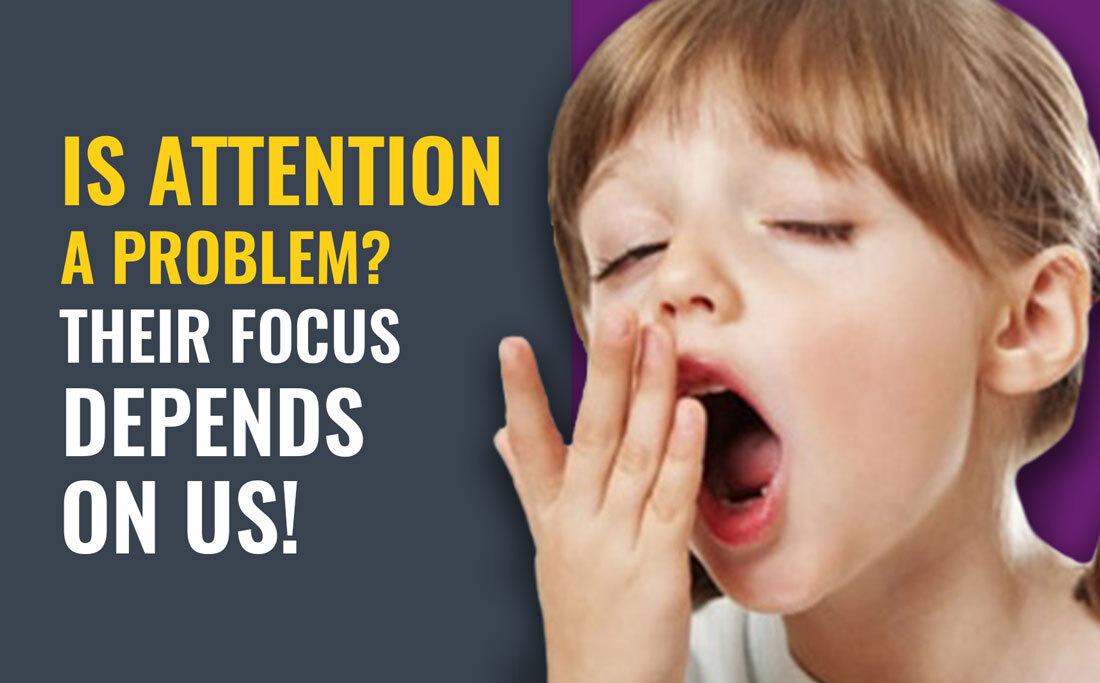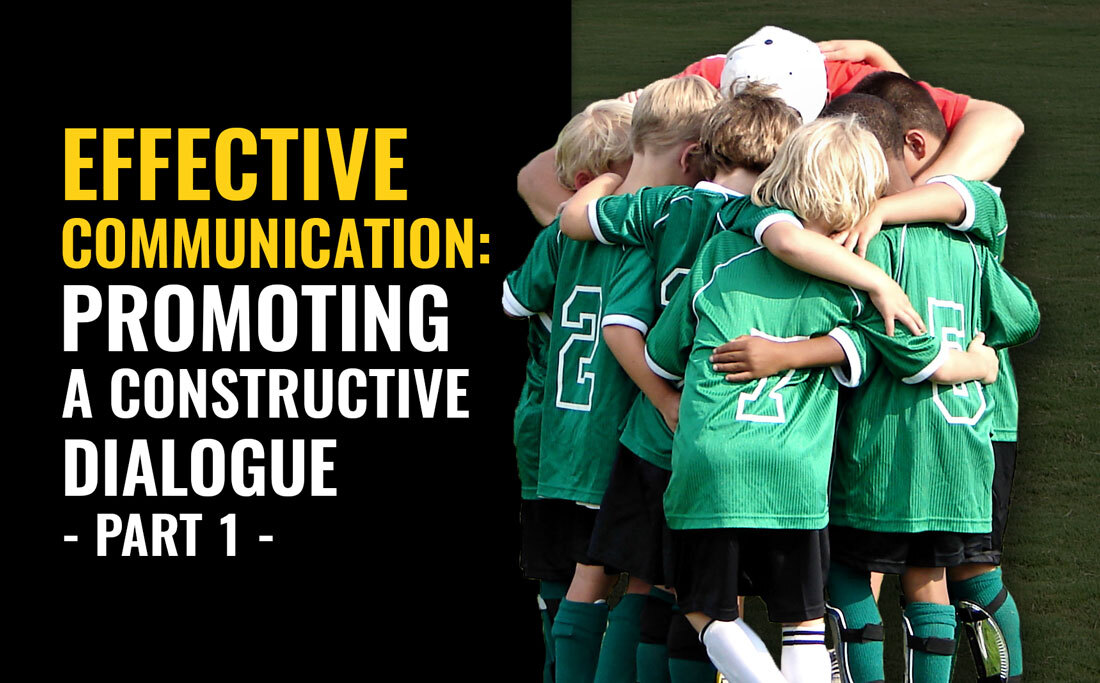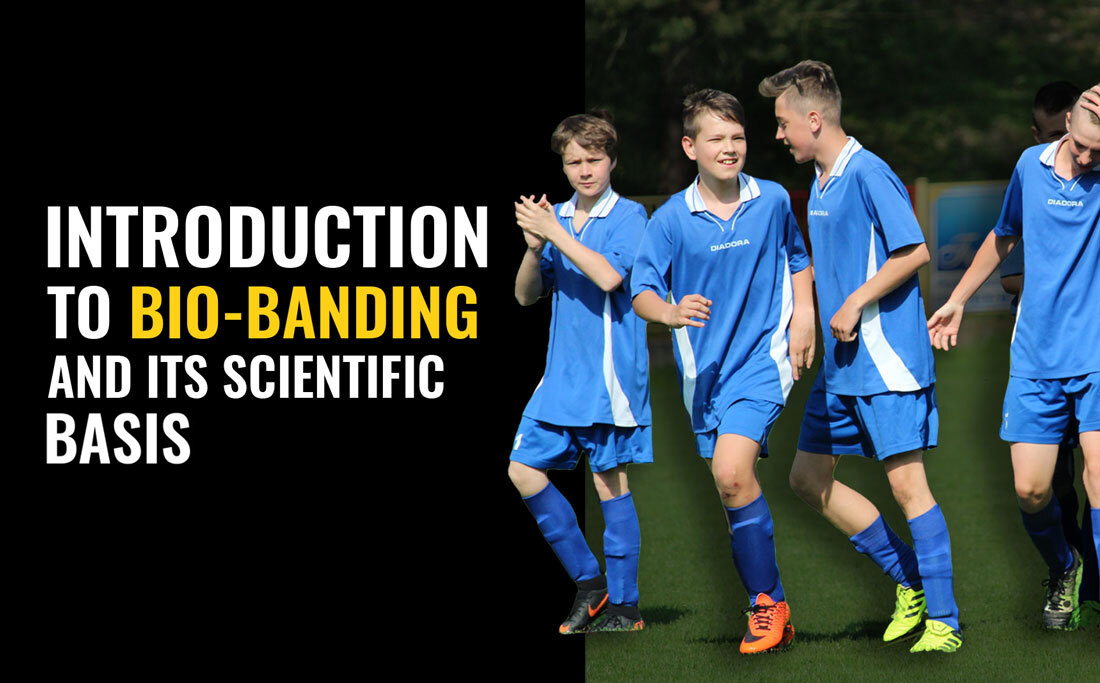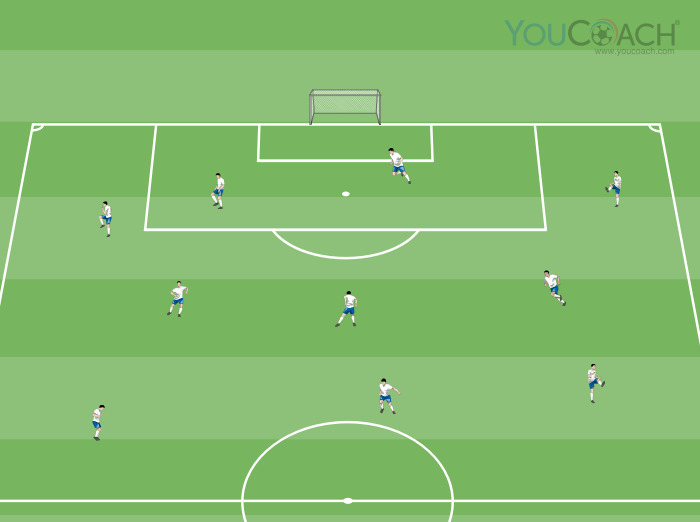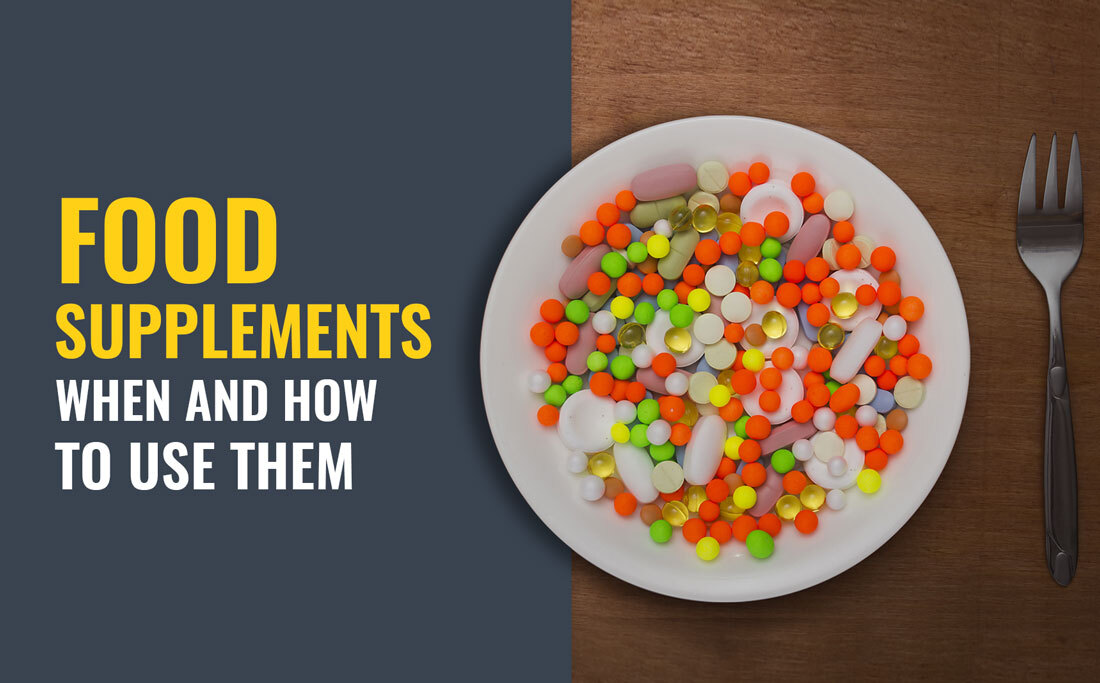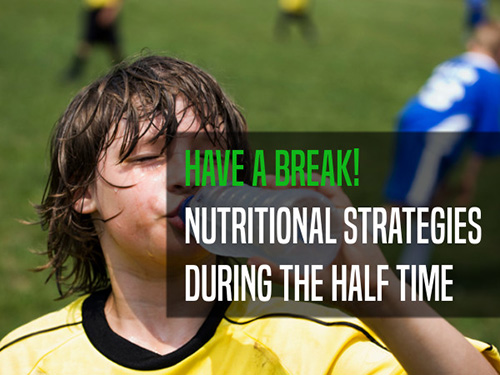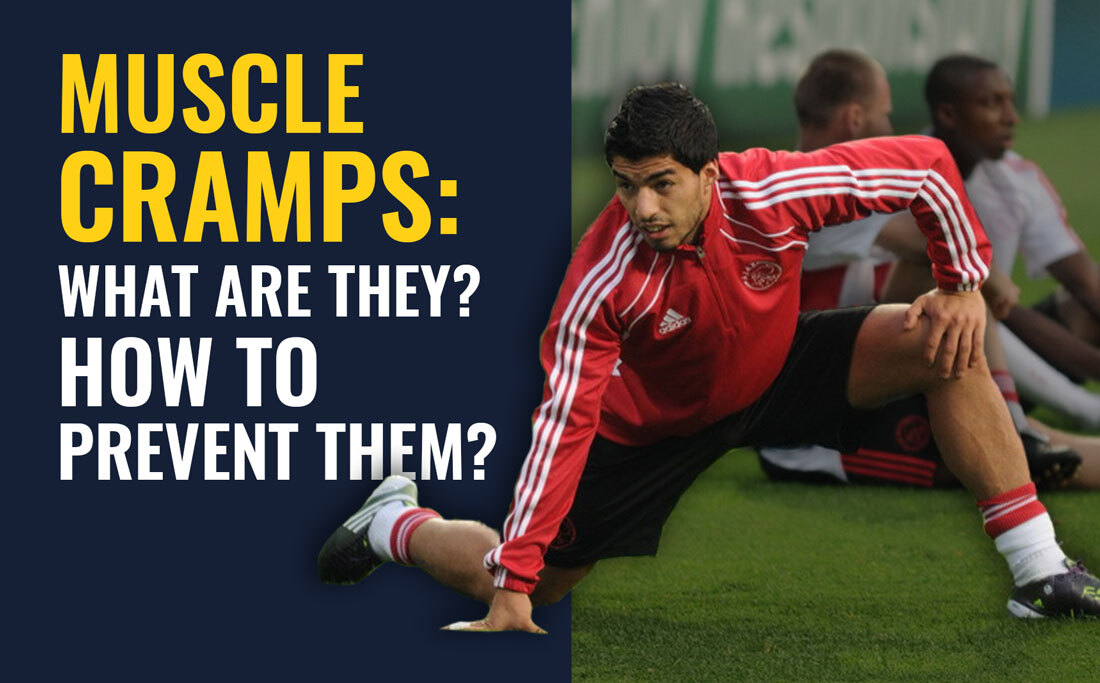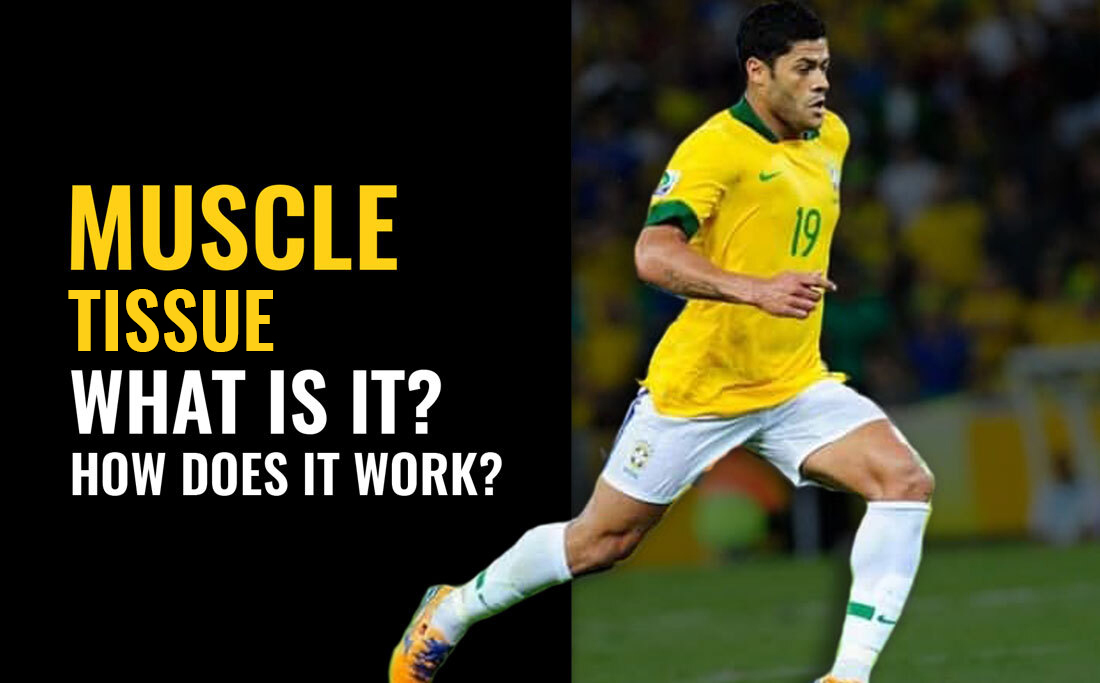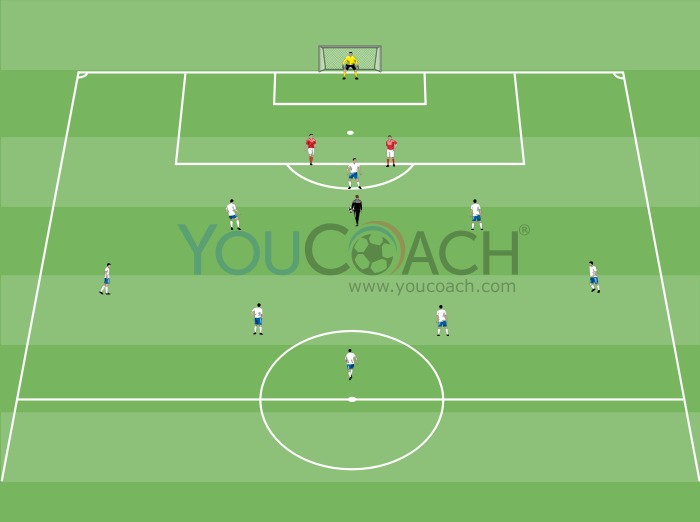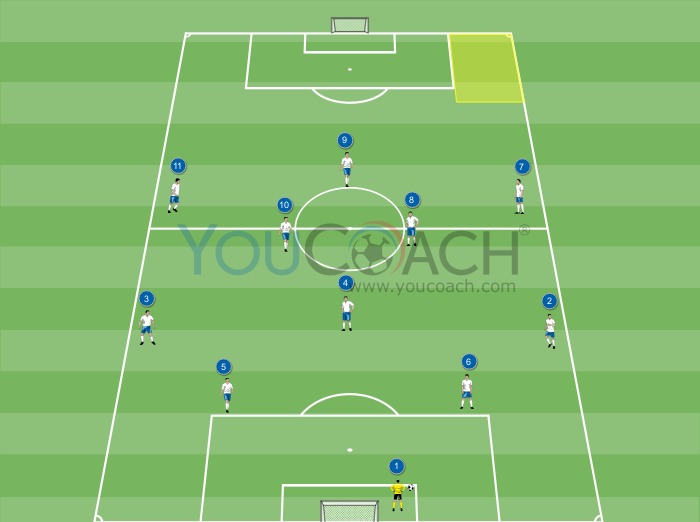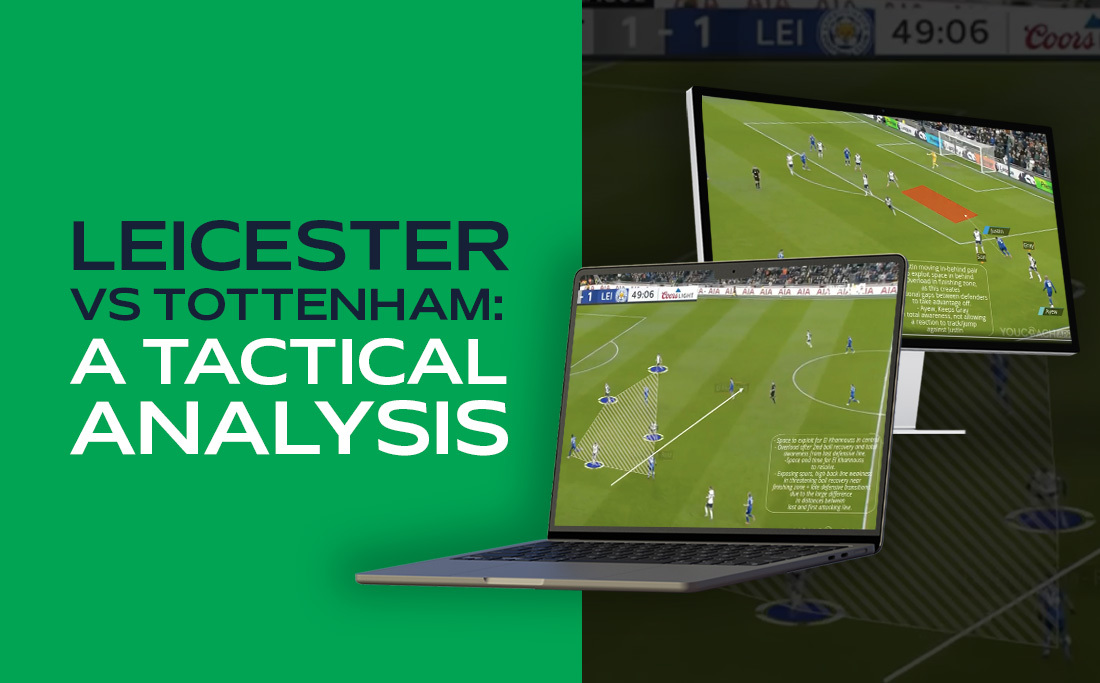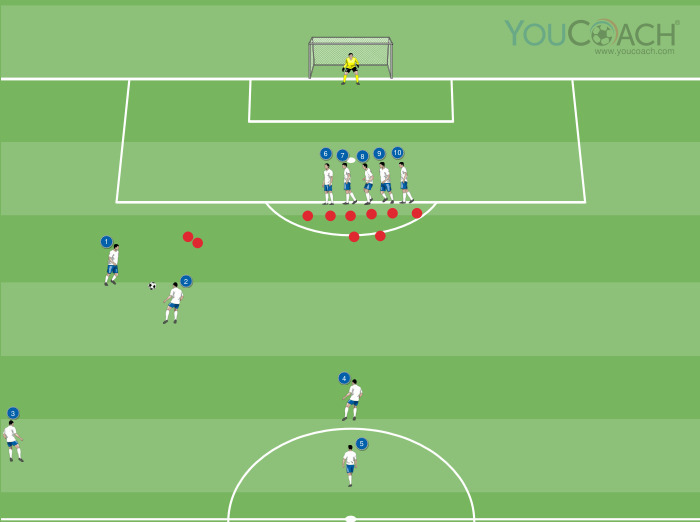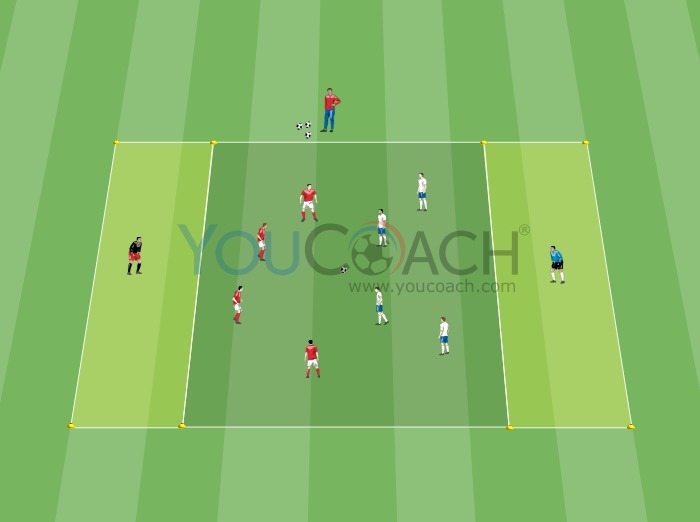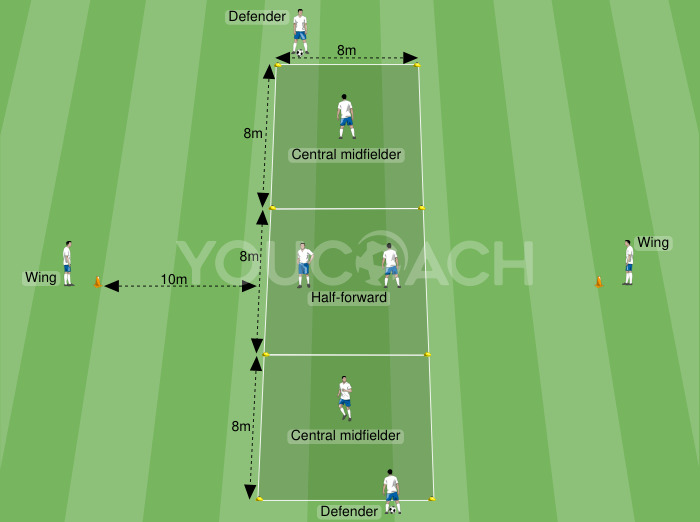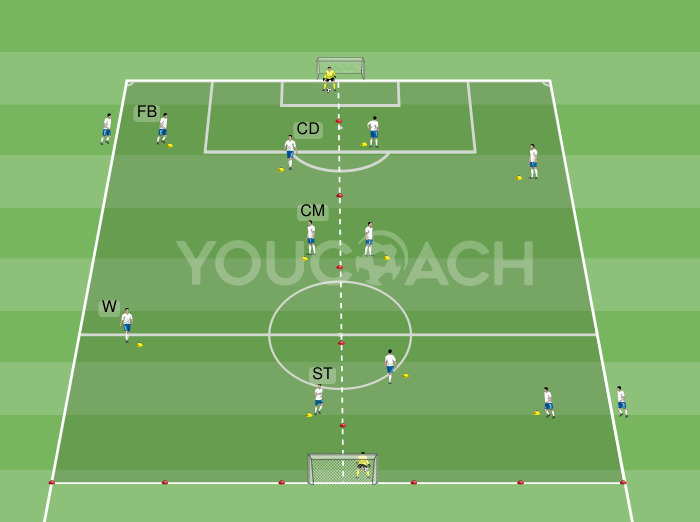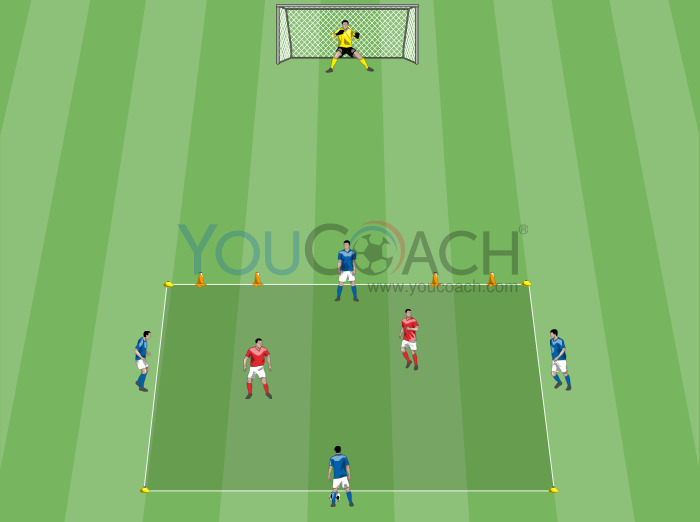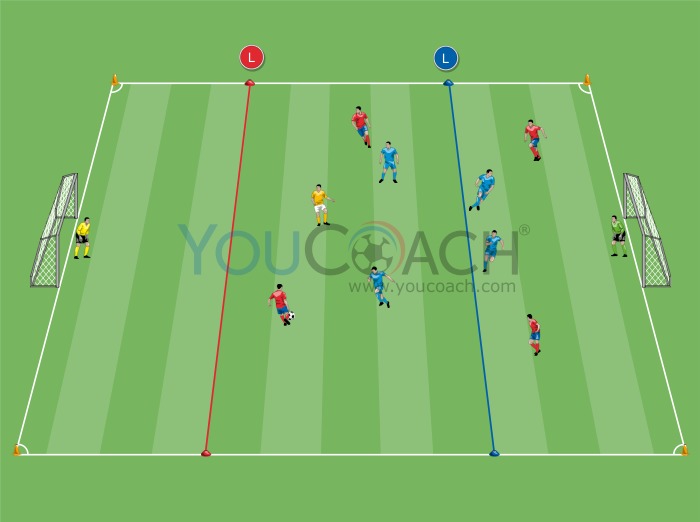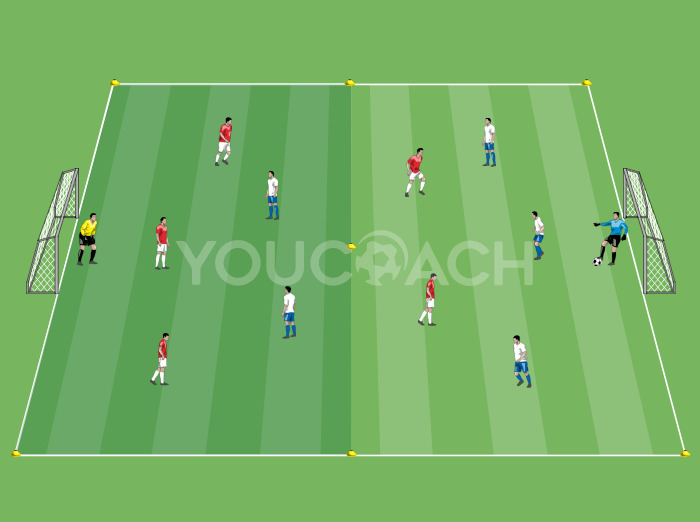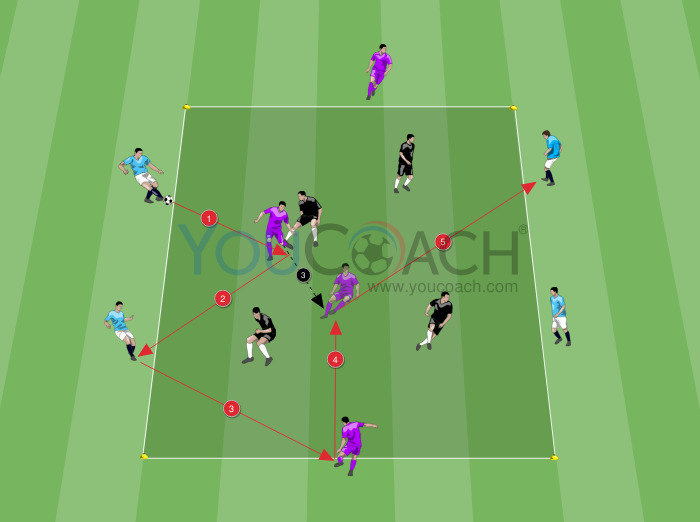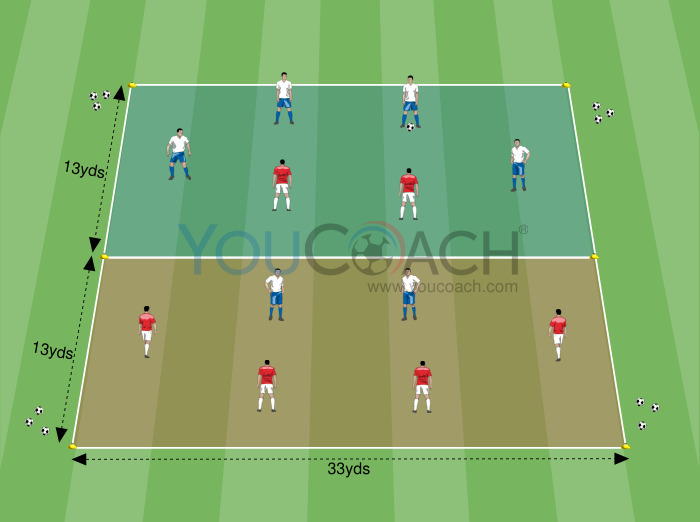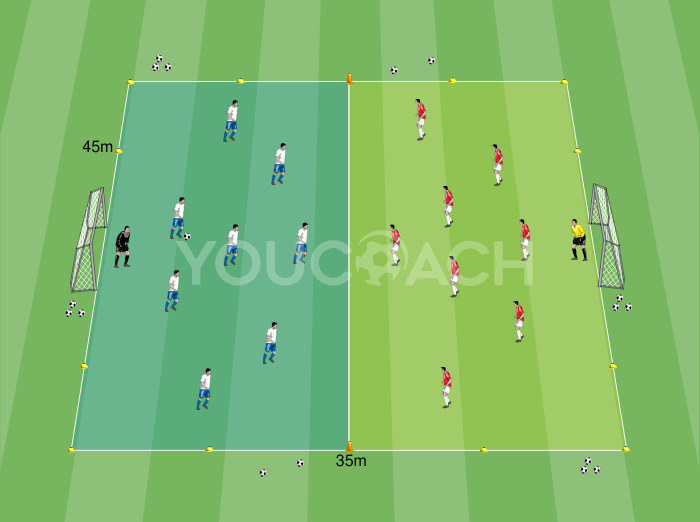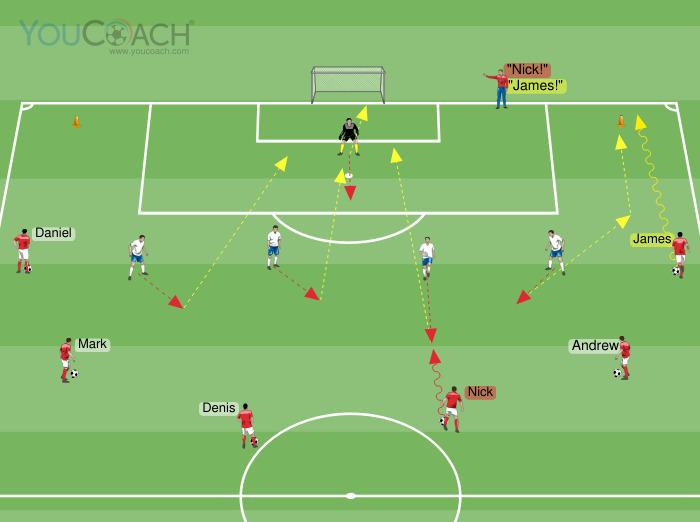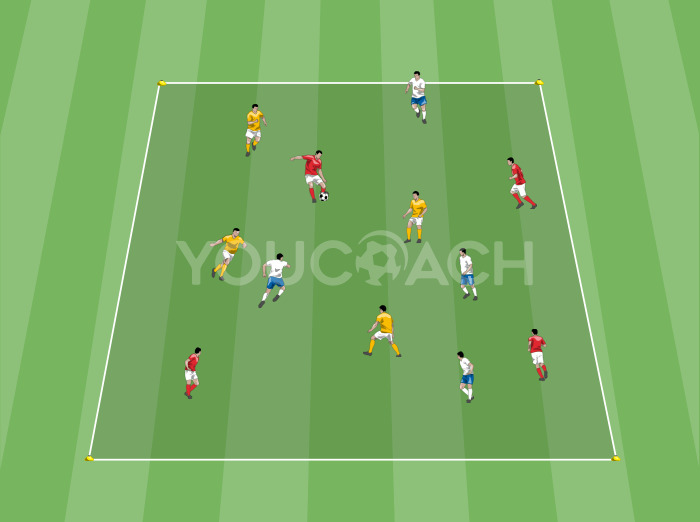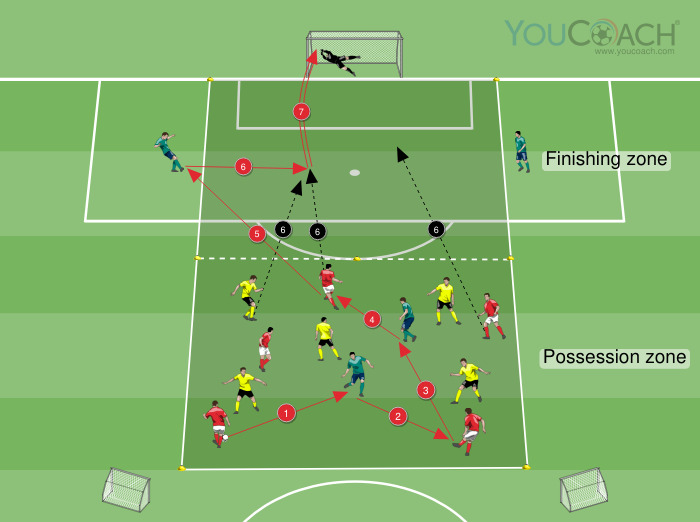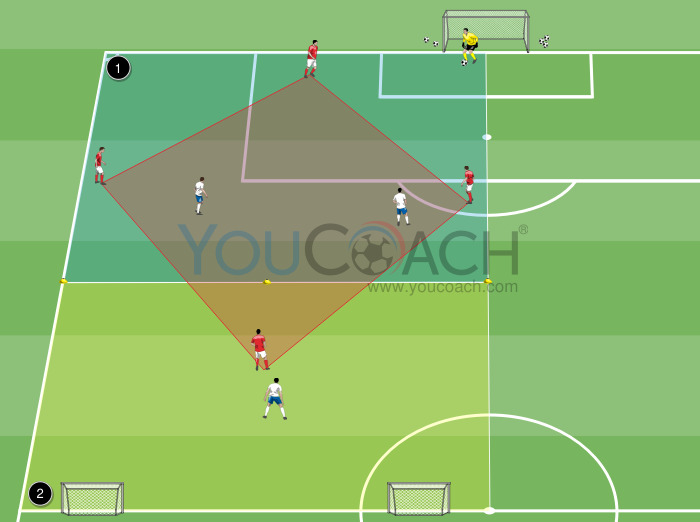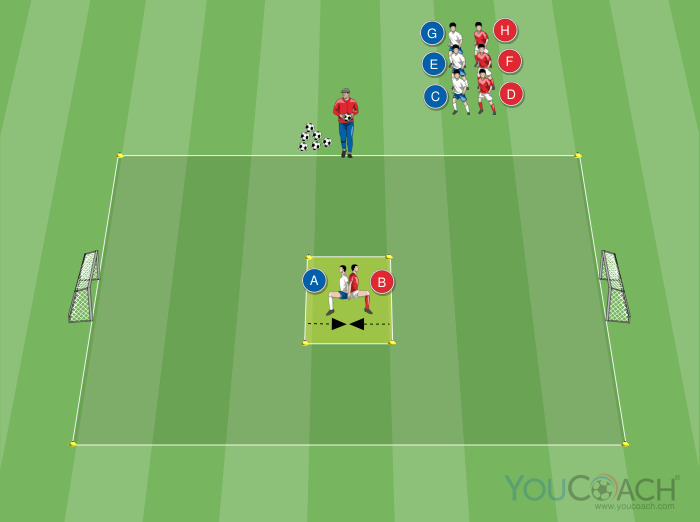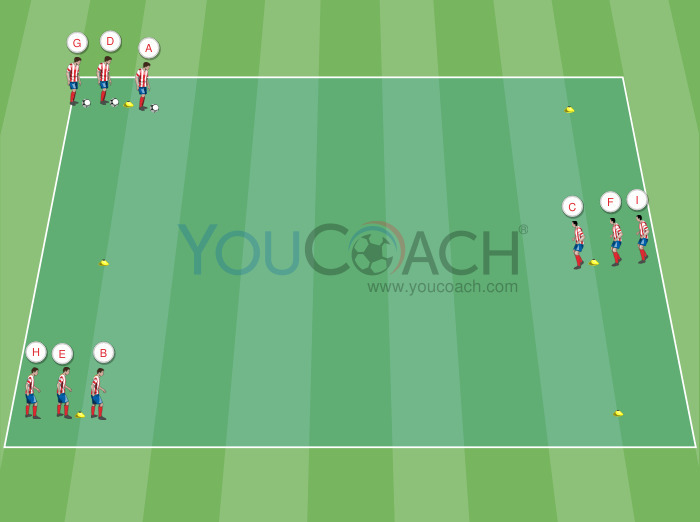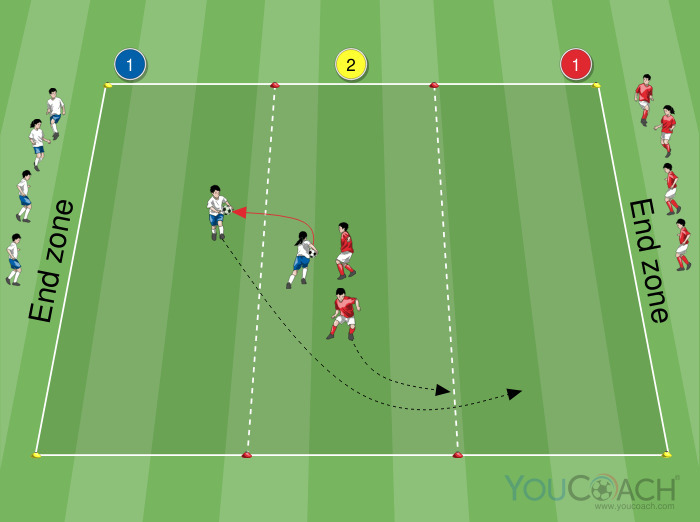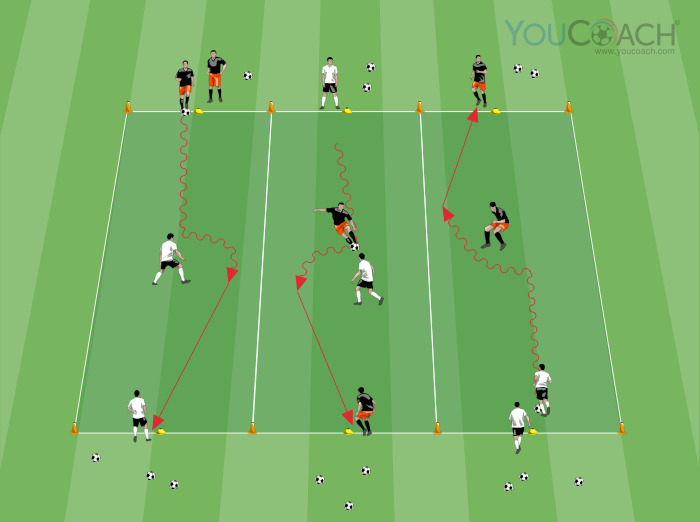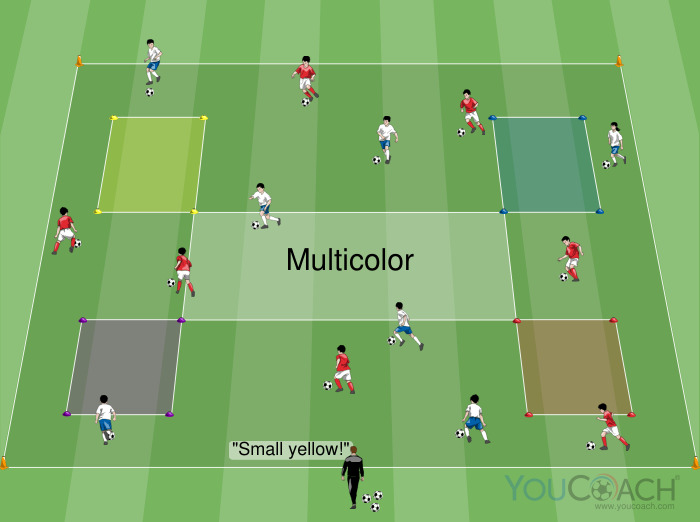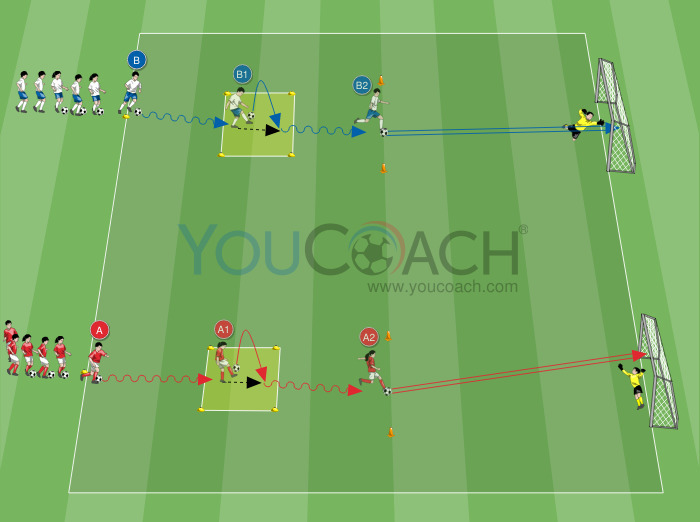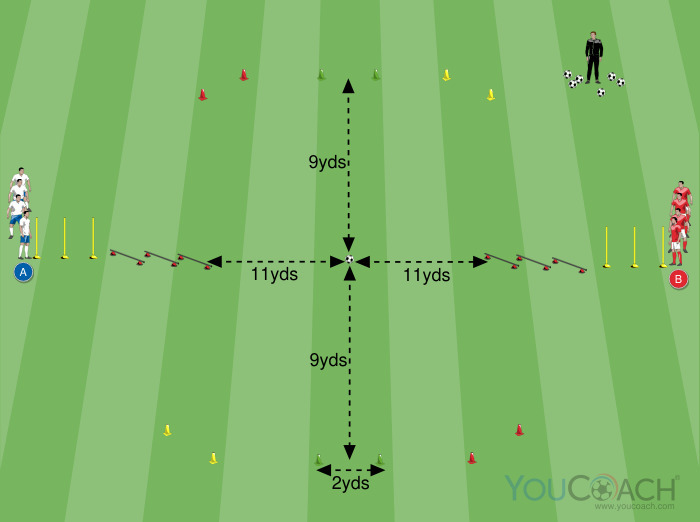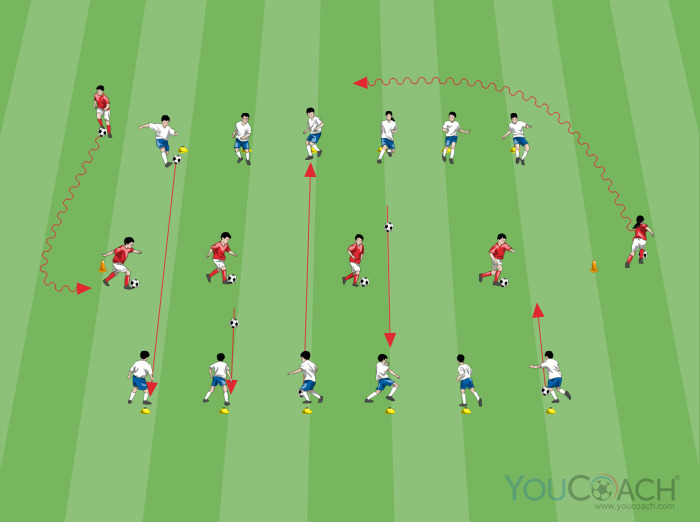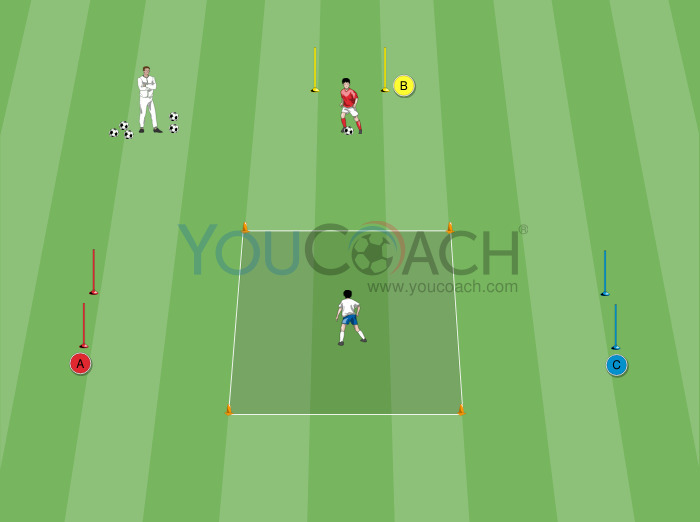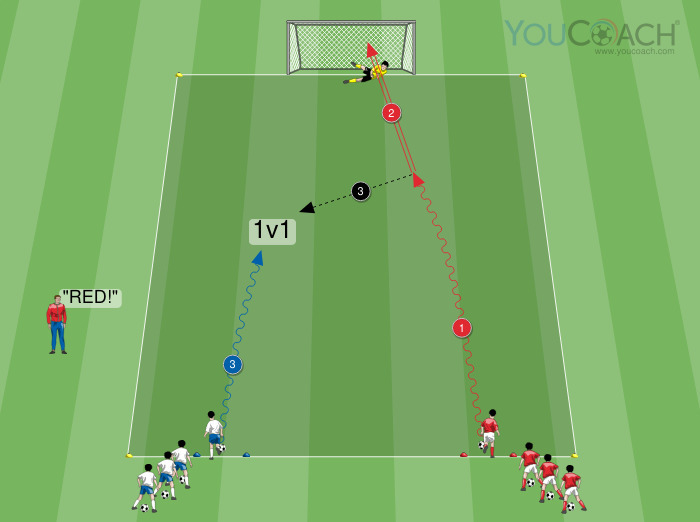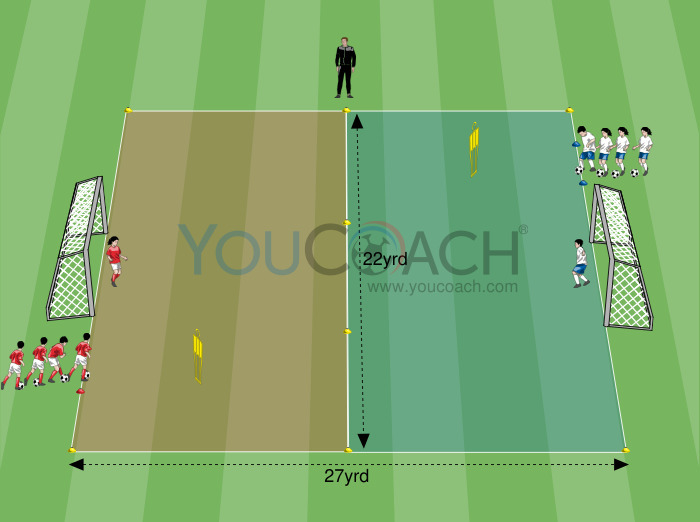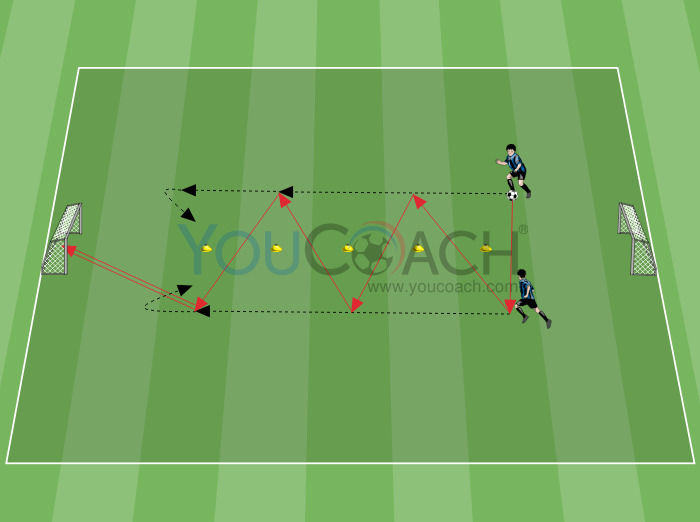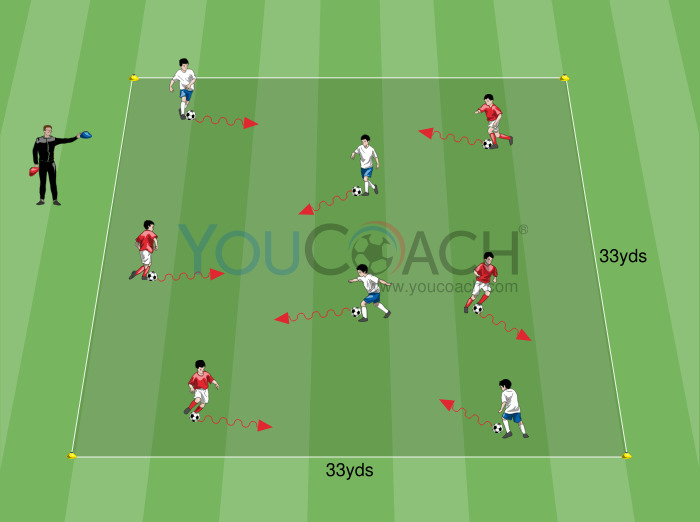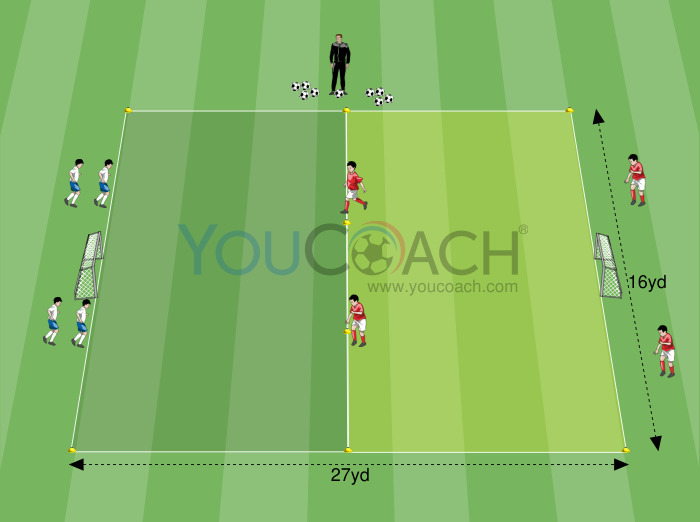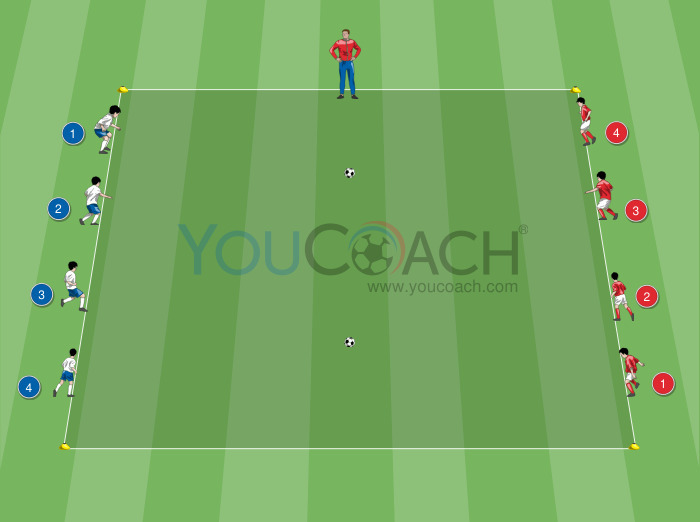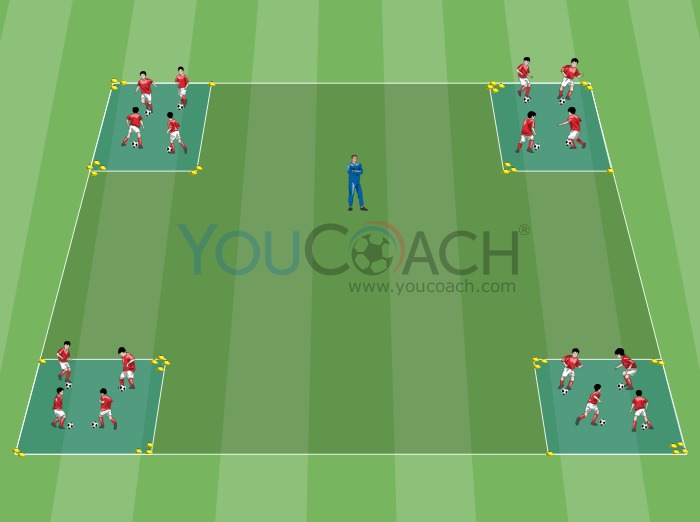Is stress positive or negative?
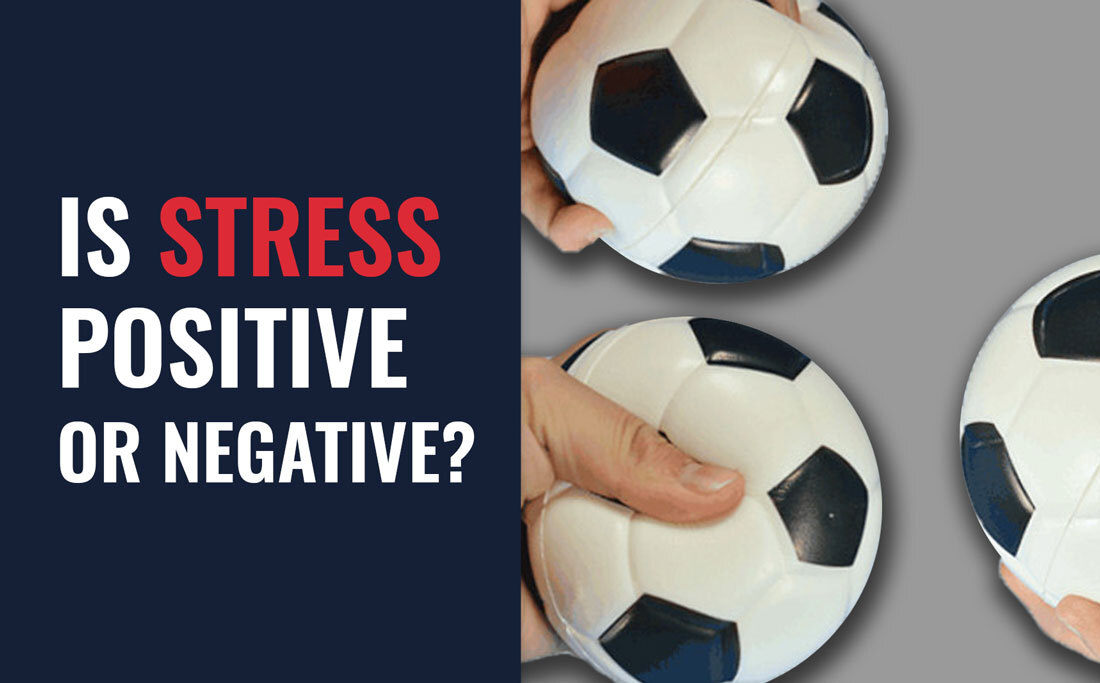
|
Let’s understand which factors influence the perception of an event as something stressing |
Our society inspires us the idea that stress is a bad, ugly condition that comes from outside and pains us, and we can control but relatively: a severe, stressing event occurs and we try to resist as hard as we can....
Actually, stress is just a stimulus that our environment offer us, and as such it is not positive or negative. As I mentioned when talking about motivation (see the “need for competence”) we do need these stimuli for surviving. It is the demands from the environment that set in motion those problem-solving mechanisms that make us grow and improve ourselves.
Some social studies show that the absence of stimuli leads individuals to omit taking care of themselves, even until they suffer death. That’s it: we need to activate fully, both in our mind and body, in order to survive. The environment, its demands, difficulties to solve, events to handle, all fulfil this function. But, what is it then that makes us feel in trouble, under pressure, to put it in a socially shared word: “stressed”?
 The mechanism is as follows: a stimulus (whatsoever) arrives from the environment and our task is to find a solution. We respond to this stimulus according to our feeling of being able or not to manage it: sometimes we feel strong and able, sometimes not so able, sometimes totally unable. What causes our difficulties is not the stimulus itself, the more or less serious problem that comes from the environment, but our personal perception of being able to face it, our personal response to stress. All this depends on our feeling of having the resources to overcome the obstacle, or to handle it, anyway.
The mechanism is as follows: a stimulus (whatsoever) arrives from the environment and our task is to find a solution. We respond to this stimulus according to our feeling of being able or not to manage it: sometimes we feel strong and able, sometimes not so able, sometimes totally unable. What causes our difficulties is not the stimulus itself, the more or less serious problem that comes from the environment, but our personal perception of being able to face it, our personal response to stress. All this depends on our feeling of having the resources to overcome the obstacle, or to handle it, anyway.
If I am convinced that I am not able to manage the stimulus, here arrives my negative response which will cause anxiety and stress (distress); conversely, if I believe that I can manage it successfully my positive response will result in a feeling of satisfaction and pride (eustress).
Therefore, the problem is not the stimulus but our personal response to it, which reflects our ability to adapt to the requirements of the environment. Let’s take a practical example.
If the game requires that I make a pass that puts me on the spot, or take a penalty during an important match, or resume playing after a bad mistake (stimuli from the environment), if I feel confidence, if I was taught self-motivation and to react in face of difficulties, if I learnt to have courage and to do always my best, then my response will be positive (in spite of the difficulty and regardless of the result) and make me feel strong, able, satisfied and proud of myself, and give me a rewarding sense of well being (Eustress).
By contrast, if I panic and don t’ know what to do because I am afraid of failure, if my low self-esteem and stress take over, then my response will be inadequate, often below my capability and will make me feel unsatisfied, unable, powerless, with consequent anxiety and stress (Distress).
I can change the course of events by changing my perception of myself and of my abilities: the environment challenges me, but if i have learnt to trust myself my response will be an adaptive one and will make me feel better and more capable.
Now, here is the good news: even if stress, i.e., the stimulus from the environment, puts sometimes our young players on the spot, it is possible for them to face all sorts of challenges with their best resources if they work on their self-esteem, motivation and self-efficacy.



